Welcome to the COP30 IDFC Pavilion page. Throughout two weeks, the Pavilion brought together more than 30 events and over 200 speakers, offering a space for IDFC members and partners to present concrete initiatives, highlight new deliverables, and exchange on global development and climate priorities.
Watch the replays
Most session replays are now available on this page, allowing you to watch or rewatch the events held at the Pavilion.
Explore our agenda!
Description of objective, content and expected outcomes of the session Context / Rationale
- Nearly a decade after the Paris Agreement, climate finance has increased but a significant gap remains. Infrastructure development is crucial to bridging this gap and advancing the Sustainable Development Goals (SDGs), with over 90% of SDG targets underpinned by infrastructure .
- Yet infrastructure finance remains fragmented, with multiple sustainability frameworks, disclosure systems, and assessment tools.
- Investors and development finance institutions (DFIs) increasingly demand clear, comparable standards to de-risk, scale, and accelerate capital flows.
- The ongoing review of the International Finance Corporation (IFC) Performance Standards, alongside regulatory initiatives such as the European Union’s Sustainable Finance Disclosure Regulation (SFDR), illustrates a global shift towards greater standardisation and comparability in sustainability frameworks, a trend with direct implications for infrastructure finance.
- Project-level frameworks such as the FAST-Infra Label provide a practical and verifiable scheme that complements high-level initiatives, enabling implementation and comparability across markets.
- Members of the International Development Finance Club (IDFC) are uniquely positioned to champion and mainstream these standards in emerging economies.
Objectives
- De-risking infrastructure pipelines through standards
- Explore how common standards reduce uncertainty and risk, making infrastructure pipelines more attractive to private investors.
- Demonstrate how public development finance institutions can leverage blended finance structures to mobilise private capital.
- Defining sustainable infrastructure
- Clarify what constitutes sustainable infrastructure in today’s finance landscape.
- Explain why standardisation is essential to ensure credibility, comparability, and investor confidence.
- Showcasing the role of meta-standards and labels
- Provide a common language across projects, portfolios, and stakeholders.
- Bridge global frameworks (e.g., SDGs, Paris Agreement, G20 Principles) with local implementation needs.
- Support mobilisation of private capital into credible, labelled projects, while enhancing liquidity in infrastructure markets.
- Highlight the role of IDFC members in aligning national pipelines with global standards.
- Share institutional and country-level perspectives on how standards enable both public and blended finance solutions.
Expected Outcomes
- Stronger collaboration with the private sector through harmonized frameworks and digital solutions that improve trust, reduce transaction costs, and integrate data-driven approaches into infrastructure standardization.
- Standardised data sets to guide investment decisions, enhancing comparability and transparency.
- Common definition of sustainable infrastructure across public and private actors, supporting global alignment.
- Pipeline of investable, resilient, and de-risked projects that meet both national development priorities and international sustainability benchmarks.
Senior Manager, Fast Infra Group
Global Manager, FAST-Infra Sustainable Infrastructure Label Secrétariat (GIB)
Director of Planning, Banco do Nordeste
Digital Financial Strategies Director, Infrastructure Policy Advancement Team
Sustainability Director, Blue Like an Orange
Exchange around the key role of water and sanitation PPPs in Brazil for climate adaptation. Importance of the water framework, universalization goals, structuration of the PPPs to include all urban areas, role of private player such as AEGEA, illustration with Aguas do Rio (social, adaptation, mitigation, biodiversity, etc…), development of water and sanitation PPPs in Brazil.
Deputy Chief Executive Officer, Proparco
Director Infrastructure BNDES
Diretor IR and Sustainability of AEGEA
Regional Director of AFD for the Southern Cone
Public Development Banks (PDBs) play a pivotal role as financial intermediaries. They can channel international and domestic climate finance, support project preparation, and catalyze private investment in resilient infrastructure. The IDFC new State of Ambition commits its members to strengthen support to integrated climate disaster risk management with continued support to adaptation finance within countries of intervention. The NUCA Programme (IDFC) strengthens development banks worldwide to finance urban climate action, while ABDE coordinates Brazil’s National Development Finance System (NDFS) to align finance with the SDGs. Together, these platforms provide concrete solutions to bridge the adaptation finance gap through multilevel partnership.
Objectives:
– Showcase how IDFC (through NUCA) and ABDE mobilize their networks of development banks to finance urban adaptation.
– Highlight methodologies, instruments, and partnerships that make urban adaptation projects bankable.
– Foster dialogue between cities, banks, and international partners to accelerate resilient urban investments.
The ABDE defined four lines of action on financing urban climate adaptation within which institutions can participate:
- Financing Resilient Urban Infrastructure:
- Mobilization of financial resources to support investments in climate-resilient urban infrastructure, including sustainable mobility, flood control, water security, energy efficiency, and nature-based solutions in cities.
- Development of innovative financial instruments (such as green bonds, resilience bonds, and blended finance structures) that are adapted to the specific needs of different urban contexts.
- Inclusive Financial Solutions for Urban Adaptation:
- Expansion of access to credit, microcredit, insurance, and other financial services designed for vulnerable urban populations disproportionately exposed to climate risks (e.g. floods, heatwaves).
- Promotion of financial products that strengthen the resilience of informal settlements, small businesses, and cooperatives within cities.
- Innovation, Technology, and Local Capacity Building
- Support for research, innovation, and technological development aimed at urban climate adaptation, connecting science, technology, and local community practices.
- Incorporation of local knowledge and citizen participation in the design of financing strategies for urban adaptation initiatives.
- Strategic Partnerships and Investment Mobilization:
- Formation of alliances between public development banks, city governments, multilateral organizations, private investors, and philanthropies to mobilize capital for urban adaptation projects.
Exchange of good practices and promotion of co-financing models that enhance the scalability of urban climate resilience investments.
Urban Development Manager at WRI Brasil
Executive Secretary, South America (Executive Director), ICLEI Brasil
Regional Director of Agence Française de Développement
Fortaleza Mayor
This session highlights the reform of the global climate finance landscape, a key focus area of COP30. It showcases how financial intermediaries can unlock capital flows for cities while fostering synergies between public, private, and multilateral actors to accelerate investment in resilient, low-carbon urban development.
The event aims to advance the dialogue on urban climate financing by highlighting the critical role of financial intermediaries, including national and regional development banks, commercial banks and investment funds, in scaling climate investments.
High-level keynote addresses will set the stage for ongoing reforms and emphasize the role of financial intermediaries.
A subsequent panel discussion will explore how financial intermediaries can enhance access to capital, de-risk investments, and catalyse private sector participation in urban climate initiatives, supporting sustainable and resilient urban development. This discussion will also examine current and future potential synergies between financial intermediaries for further consultation during COP.
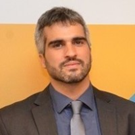
Executive Director, Associação Brasileira de Desenvolvimento (ABDE)

Director General, International Climate Action, Federal Ministry for the Environment, Climate Action, Nature Conservation and Nuclear Safety (BMUKN)
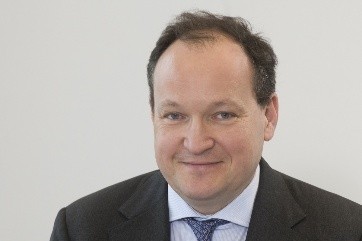
Vice-President, European Investment Bank

Executive Director of CAF – Development Bank of Latin America and the Caribbean

President of ABDE, current Director at BNDES, and former President of Caixa
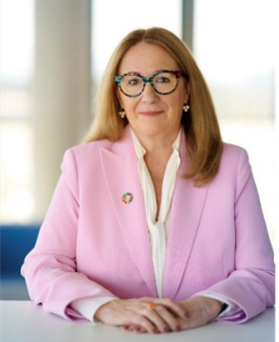
Managing Director, Deutsche Gesellschaft für Internationale Zusammenarbeit (GIZ) GbmH
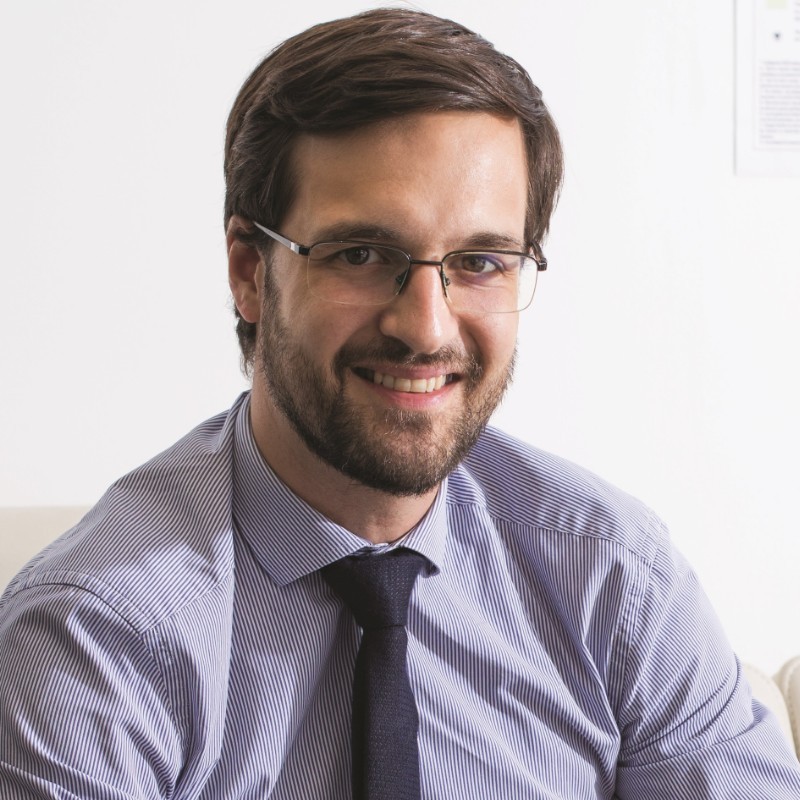
Secretary General of IDFC
Article 6 of the Paris Agreement creates a historic opportunity for international cooperation to achieve climate goals. However, for these markets to be credible and truly serve the climate, they must be based on credits of high environmental and social integrity, aligned with the nationally determined contributions (NDCs) of host countries. This requires significant, long-term investments in complex projects that are often perceived as risky.
The event will discuss the role that development finance institutions dedicated to private sector financing can play in catalyzing these investments and supporting the private sector in underfinanced regions and sectors.
Moderator
Vice-President, European Investment Bank
Deputy CEO, Proparco
CEO, BII
Comex Member and Deputy Head, Ardian Infrastructure
In the face of a global climate emergency, the mobilization of accessible, innovative, and well-adapted finance has become a central issue in international climate negotiations. Financial innovation must now support the implementation of the “Baku to Belem” Roadmap, which aims to mobilize USD 300 billion annually by 2035 for climate mitigation and adaptation. In line with the priorities of the Brazilian COP30 Presidency, the COP30 in Belém will place a particular focus on the role of innovative financial instruments, aligned with national climate policies and capable of leveraging both public and private finance, as a key lever to accelerate the delivery of climate commitments.
As the COP30 aims to serve as a “COP of Implementation”, marking a shift from negotiation to concrete delivery, highlighting successful cases must be a priority to guide countries’ actions. In Brazil, the Regional Development Funds (FDRs) provide a concrete example of what can be done to accelerate the financing of low-carbon and climate-resilient investments at the territorial level (Amazon, Northeast and Midwest regions). Established to support the National Regional Development Policy and the National Climate Plan, the FDRs incorporate blended finance models to incentivize private investments contributing to a sustainable regional development pathway. By improving coordination, alignment, and synergy between domestic and international funding, Brazil can increase the volume of finance available for climate-resilient regional projects. The MIDR intends to work more closely with multilateral development banks and bilateral partners like AFD Group to unlock private and public capital for low-carbon and resilient regional development.
This side event will bring together Brazilian public development banks (Banco do Brasil, Banco da Amazônia), international financial institutions (AFD, Proparco) and Brazil’s government representatives (MIDR, SUDAM) to discuss how to mobilize and scale financing for regional sustainable development, leveraging innovative financial instruments and partnerships. At the end of the discussions, the side event will facilitate the signing of the Low carbon and Resilient Regional Development Program (€ 300 M.) between Waldez Góes, Minister of Integration and Regional Development (Brazil) and Rémy Rioux, CEO AFD Group and Chairman of the Finance in Common System (France).
Moderator
Brazilian National Secretary for Funds and Financial Instruments, Ministry of Integration and Regional Development (MIDR)
Regional Director for Brazil - South Cone, French Development Agency (AFD)
Executive Director, ABDE
Vice-President Sustainability and Public Sector Division, Banco do Brasil (BB)
Head of Planning, Banco do Nordeste (BNB)
Deputy CEO (Proparco)
Funds Management Director, SUDAM
Brazilian Minister of Integration and Regional Development, MIDR
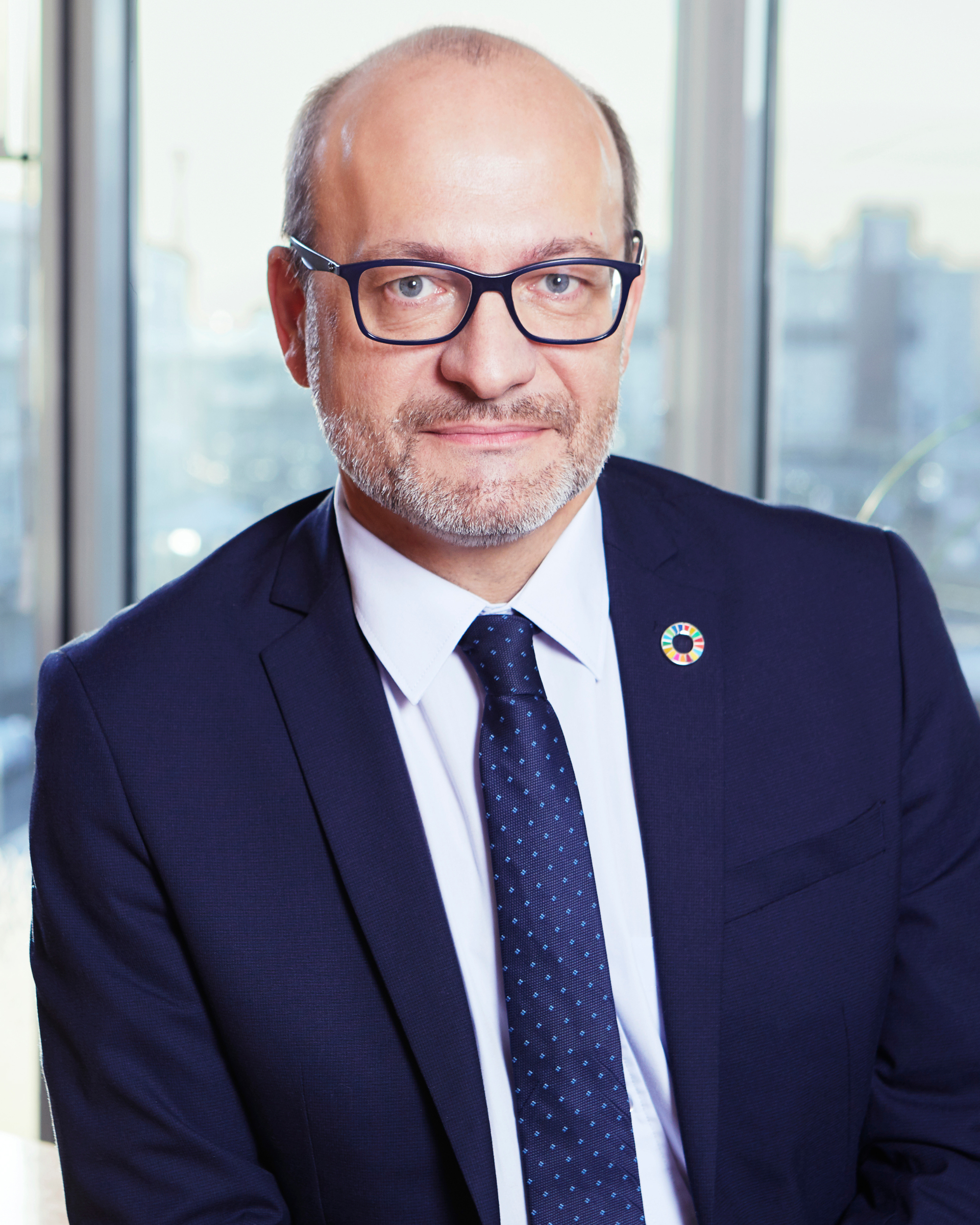
CEO AFD Group and Chairman FICS

Executive Responsible for Sustainable Finance at Banco do Brasil
Banco Da Amazonia
BRDE
Bridging the structural gap in climate finance by empowering Subnational Development Banks and national public financial intermediaries to deliver climate action at the local level.
Despite increasing global commitments, less than 10% of climate finance reaches the local level, even though 70%+ of mitigation and adaptation measures must occur locally. Cities and regions concentrate both risks and opportunities, yet face chronic underfunding.
At the same time:
Cities generate ~80% of global GDP,
<5% of the 500 largest cities in the Global South can access international capital markets,
Investment needs for sustainable urban development (USD 4.5–5.4 trillion annually by 2030) far exceed current flows.
This mismatch is structural, not just financial. Local governments lack tools, risk-sharing mechanisms, and bankable project pipelines. Subnational Development Banks (SDBs) – often anchored in territories and economies – act as “last-mile” institutions. They translate national priorities into local projects, de-risk investments, and aggregate smaller projects into scalable portfolios. However, SDBs remain under-recognized in global climate finance. With the NUCA program supporting National Development Banks (NDBs) to embed climate into their mandates, and the Global Alliance of SDBs mobilizing their peers, the time is right to spotlight their role at COP30.
Objectives:
– Showcase innovative instruments (guarantee mechanisms, blended finance, local-currency lending, bond programs, SPVs, etc.) developed by SDBs and NDBs to localize climate finance.
– Present the Global Alliance of SDBs’ “Banking the Last Mile” casebook as a reference tool to replicate and scale solutions from Africa and Latin America.
– Mobilize partnerships to integrate SDBs into climate finance architectures, strengthen enabling environments, and contribute to COP30 Acceleration Plans.
– Highlight synergies between NUCA and the Global Alliance of SDBs as complementary levers for channeling climate finance through national and subnational ecosystems.

Executive Director of Global Fund for Cities Development (FMDV)

IDFC Secretary General

Director of Sustainability, Findeter
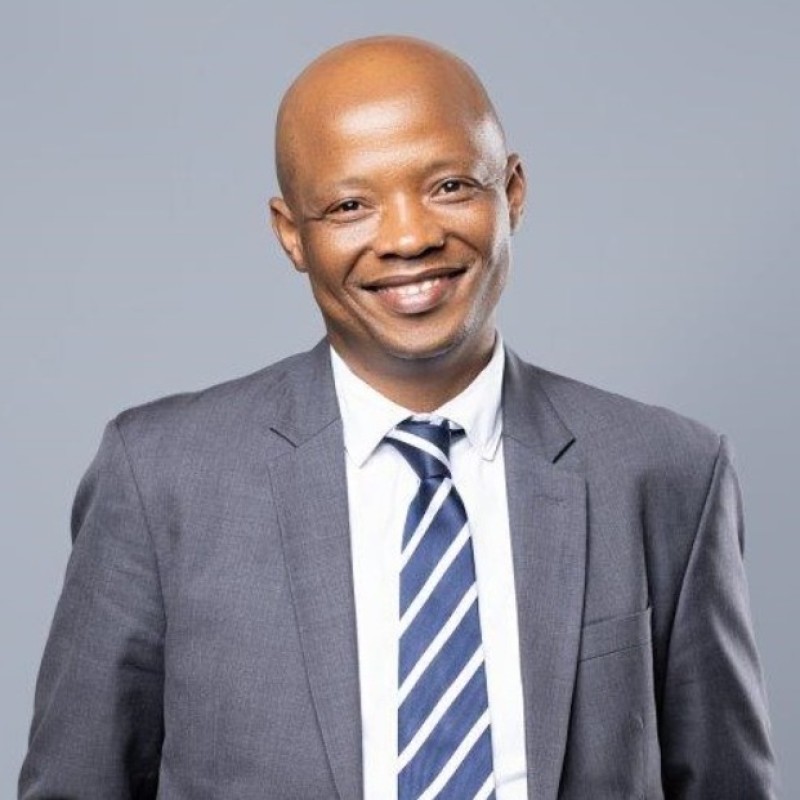
Group Executive: Programmes (Acting) at DBSA
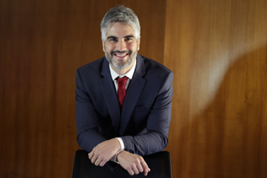
Executive Director of Associação Brasileira de Desenvolvimento (ABDE)
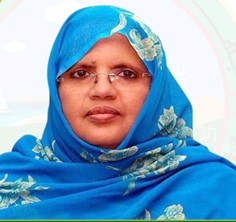
President of Nouakchott Region, Mauritania, Vice-President of FMDV, President of UCLG Africa
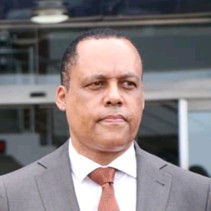
Director of Cooperation at FEICOM
MODERATOR - Program Manager at FMDV
Background and Rationale
Ten years after the Paris Agreement, countries are now entering a decisive phase in implementing their third-generation Nationally Determined Contributions (NDCs) and Long-Term Strategies (LTS). These commitments coincide with renewed ambitions under the Kunming-Montreal Global Biodiversity Framework (GBF) and the forthcoming New Collective Quantified Goal (NCQG) on climate finance.
In this new landscape, Ministries of Finance (MoFs) stand at the centre of national transitions—tasked with reconciling development objectives, fiscal constraints, and ecological transformation goals. The COP30 Presidency has rightly highlighted their critical role through the Circle of Finance Ministers initiative and the Baku to Belém Roadmap on mobilizing $1.3 trillion annually for sustainable transitions.
Yet, Ministries of Finance and their partners such as Public Development Banks still lack coherent analytical frameworks and forward-looking tools to align macroeconomic policy, financing strategies, and ecological imperatives. While the Network for Greening the Financial System (NGFS) has advanced comparable work for central banks, no equivalent scenario framework exists to guide MoFs in managing transition risks, fiscal adaptation, and investment needs coherently.
The development of ecological transformation scenarios tailored to Ministries of Finance could therefore become a foundational element of the post-COP30 implementation agenda—enabling governments to explore, test, and design robust financing strategies under multiple plausible futures.
Objective of the Event
- Highlight the rationale for MoF-tailored scenario exercises as key enablers of integrated fiscal and climate policymaking.
- Showcase early initiatives and perspectives from governments, development banks, academia, and regional organizations.
- Identify next steps toward the co-design of a collective scenario-building process to be launched after COP30—anchored in the COP30 Finance Day outcomes.
The session aims to demonstrate how national platforms of development finance institutions (DFIs), bringing together national and subnational development banks (NDBs and SDBs), can serve as the integration backbone of Country Platforms for Localizing Finance (CPLFs).
Building on the momentum created by the recognition of SDBs and CPLFs in recent global processes (FiCS5 Communiqué, FfD4/Sevilla Platform for Action, U20 Communiqué, COP30 Action Agenda), the session will explore how these two complementary mechanisms can be operationally linked to transform climate and development finance systems from the ground up.
It will present practical pathways to institutionalize multilevel governance and finance by aligning policy, pipeline, portfolio, and placement within coherent, country-owned architectures that connect national priorities with local investment realities.
Drawing on examples from Brazil’s ABDE, South Africa’s emerging DFI collaborative platform, and the Finance Your Cities CPLFs pilots in Cameroon and Madagascar, pioneered by FMDV, the discussion will identify how DFI platforms can anchor CPLFs through, for instance, shared governance, subnational climate windows, FinHubs, standardized project preparation, local-currency lending, pooled portfolios, and data-driven MRV systems for territorial results…
International development partners will complement the discussion by showcasing global initiatives reinforcing the same vision in order to stress the complementarity of existing multilevel and LRG-led efforts, highlight how NDBs and cities can partner to lead systemic change, and illustrate how vertical climate funds are aligning with this new financial intermediation opportunity.
The expected outcomes include a stronger collective understanding of the role of DFI platforms as the delivery vehicles of CPLFs, the identification of practical steps and institutional commitments to establish or reinforce such mechanisms in participating countries, and the definition of next actions toward COP30 and beyond to ensure that global climate finance truly reaches the local level through structured, country-led systems.
Executive Director, FMDV
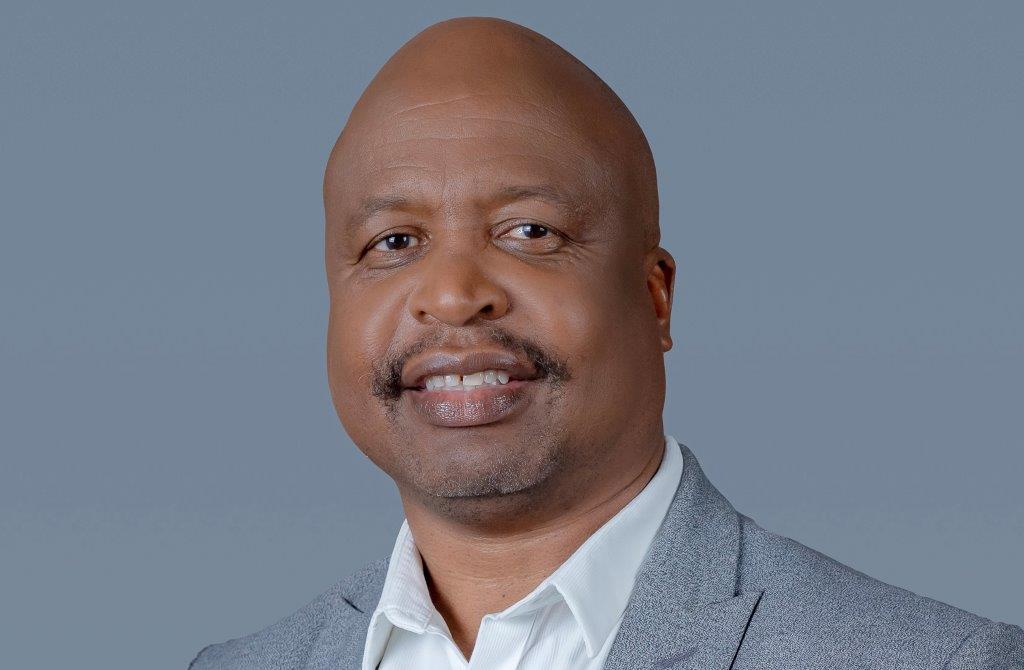
Head of Climate & Environmental Finance, DBSA
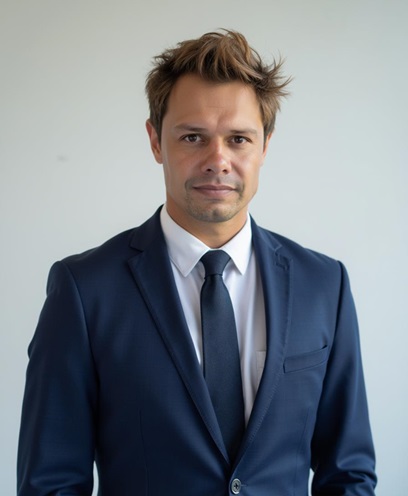
Program Officer, AFD
This side event is designed to be a high-level dialogue on the most impactful and replicable solutions for forest conservation and climate action. The discussion will not be theoretical but will draw on real-world experiences from three of the world’s most critical forest ecosystems: the Amazon, the Congo Basin, and Papua New Guinea. The core of the event is to demonstrate how Expertise France’s on-the-ground work successfully marries biodiversity preservation, climate change mitigation, and human development.
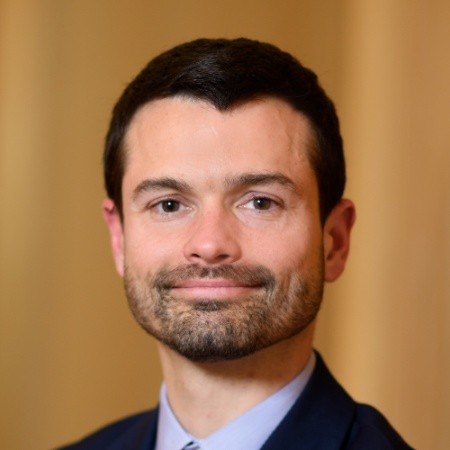
CEO of Expertise France
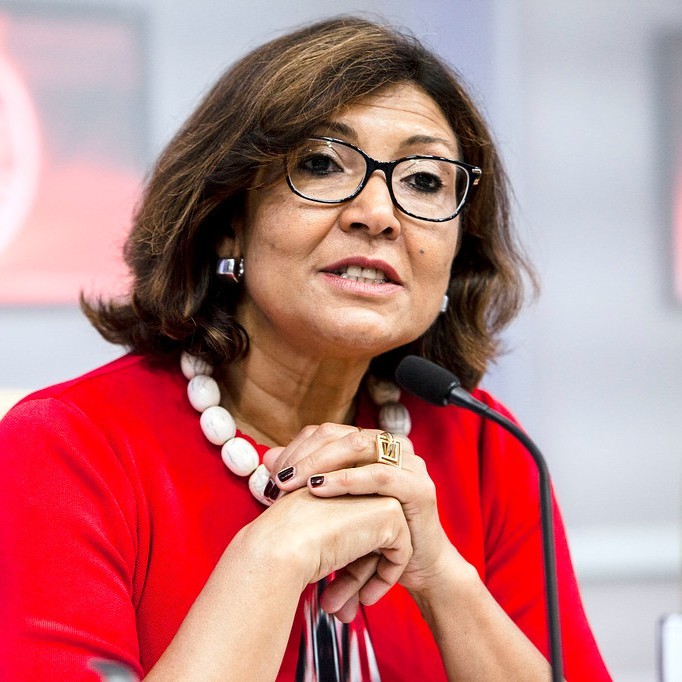
Deputy Director-General, FAO

Managing Director, GIZ
Ambassador for climate, the environment and sustainable development
This section explores the implementation of Emissions Trading Systems (ETS) in developing countries, with a focus on the economic and social challenges that arise during the rollout. Drawing on AFD’s collaboration with IPEA and the Brazilian Ministry of Finance through the GEMMES-Brazil project, it presents a newly developed analytical tool designed to assess macroeconomic and social impacts. The goal is to inform evidence-based strategies for effective and equitable ETS deployment.
Senior Economist, AFD
Special Secretary for Carbon Market, Brazilian Finance Minister
Research Director, IPEA
Director of the Socioenvironmental Unit, BNDES
Director of Climate Policy, Mexican Ministry of Environment
This high-level session organized by the International Development Finance Club (IDFC) will present IDFC’s key deliverables for COP30 and explore the next phase of the global climate finance architecture. Building on the Three Proposals for the Future of Climate Finance and the Baku-to-Belém Roadmap, the event will discuss how to both scale up and transform climate finance flows in line with Article 2.1(c) of the Paris Agreement.
The first panel will focus on mobilizing private capital and de-risking investments through enhanced cooperation among National Development Banks (PDBs), Multilateral Development Banks (MDBs), and private financial institutions. It will highlight practical solutions such as the Global Guarantee Platform, FX risk management, and the development of country platforms to align concessional, public, and private finance under national transition strategies.
The second panel will emphasize leveraging the expertise of PDBs to design and deploy innovative financial instruments for climate finance. It will explore how new financing mechanisms, high-integrity carbon markets, innovative instruments and technical assistance tools, such as IDFC Facility, can generate additional and predictable sources of funding to accelerate the implementation of the Paris Agreement at the country level.
Expected Outcomes:
• Reinforce IDFC’s leadership within the international climate finance architecture and COP30 processes.
• Highlight concrete partnerships between PDBs, MDBs, vertical funds, and private actors to achieve the USD 1.3 trillion climate finance mobilization goal by 2035.
• Provide strategic inputs to the Baku-to-Belém Roadmap and the Sharm el-Sheikh Dialogue.

(MODERATOR) Global Managing Director, CPI

Secretary for International Affairs, Ministry of Finance Brazil

Secretary General, IDFC

CEO, AFD
Chairman, FiCS

MODERATOR - Senior Specialist for Public Banks and Development Finance
Director of Planning and Project Structuring, BNDES
Global Chair, Public Sector, Citi
Director General for Sustainability Management, JICA

Chief Executive Officer, KFW
Executive President, Development Bank of Latin America (CAF)

Group Executive, Project Preparation & climate finance, DBSA
Director of International Development Cooperation, CDP
The objective of the event is to share blended finance journey JICA underwent in 2025 and discuss possible collaboration opportunities with panelists, fellow IDFC members, audiences and beyond. Expected outcome would be to familiarize participants with JICA’s blended finance window as well as new instruments for future collaboration. Further details are as following.
At COP29, the target of at least $300 billion in climate finance for developing countries was agreed, and all actors were called for actions to reach $1.3 trillion. In this context, mobilizing private capital and collaboration between private sector and public sector are essential to achieving goals. In Japan, public-private co-creation initiatives are underway, including the amendment of the JICA Act in April 2025 and the announcement of launch of JICA’s new blended finance window at Tokyo International Conference on African Development (TICAD) in August.
This event aims to promote discussions between participants such as development finance institutions, philanthropy working on blended finance. Discussion will focus on the needs (mitigation, adaptation, biodiversity, etc.), challenges and lessons learned recognized by each organization, and the current situation with case studies.
Director General for Sustainability Management, JICA
CEO, Climate Bonds Initiative (CBI)
Deputy Director, Office for Sustainability Management, Operations Strategy Department, JICA
Specialist, Climate & Environment Finance Unit, Development Bank of Southern Africa (DBSA)
The aim of this event is to explore how the WAEMU region can strategically prepare for engagement in carbon markets, by maximizing the opportunities to mobilize climate finance for NDC implementation while minimizing the environmental, social, and governance risks associated with these mechanisms.
Expected outcomes
- Shared understanding of the opportunities offered by carbon markets in WAEMU.
- Clear identification of risks and proposed mitigation measures;
- Recommendations for a regional readiness roadmap covering technical capacity, governance, regulatory frameworks, and financing;
Strengthened engagement from development partners to support regional and national initiatives
The aim of this event is to present and promote the development of BOAD’s Climate Investment Programmes developed with the countries and the use of a programming approach as strategic tools to mobilize and structure climate finance for the effective implementation of NDCs in the WAEMU region.
Expected outcomes:
- Increased visibility of the WAEMU region’s innovative approach to structuring climate finance interventions.
- Identification of synergies and partnerships with international climate finance mechanisms.
- Policy recommendations on mainstreaming CIPs into NDC implementation strategies.
- Strengthened momentum for regional cooperation in scaling up climate finance.
Countries across the Global South face a dual challenge of cutting emissions while creating jobs and reducing inequality. Achieving this balance requires financing mechanisms that are fair, inclusive, and fit for purpose. This session will explore the ongoing design of South Africa’s Just Transition Financing Mechanism (JTFM), a catalytic platform being developed to de-risk and crowd in finance for community-owned, labour-owned, and SME-driven projects across both adaptation and mitigation sectors. The discussion will focus on conceptual models for pipeline signalling, project development, and financing options, including the role of distributive justice in project ownership and associated risk sharing.
The session will also examine how public development banks can leverage concessional and blended finance to support just transition investments that promote local ownership and equitable benefits. Participants will exchange experiences from other regions to inform the design of the JTFM and identify pathways for scaling similar mechanisms globally.Expected Outcomes:
- Shared insights on innovative, inclusive finance models.
- Strengthened awareness and collaboration on just transition finance with the IDFI & IDFC community.
- Commitment to advance a global peer-learning platform under the proposed JTFM initiative.
- Visibility for the IDFC network’s role in mobilising climate and social transition finance
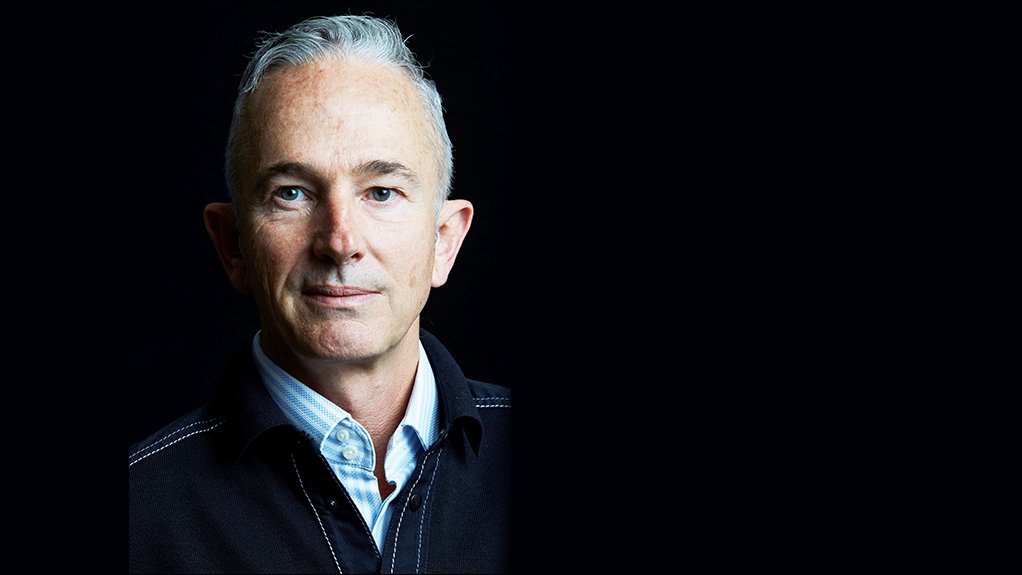
Deputy Chair, Presidential Climate Commission (PCC)
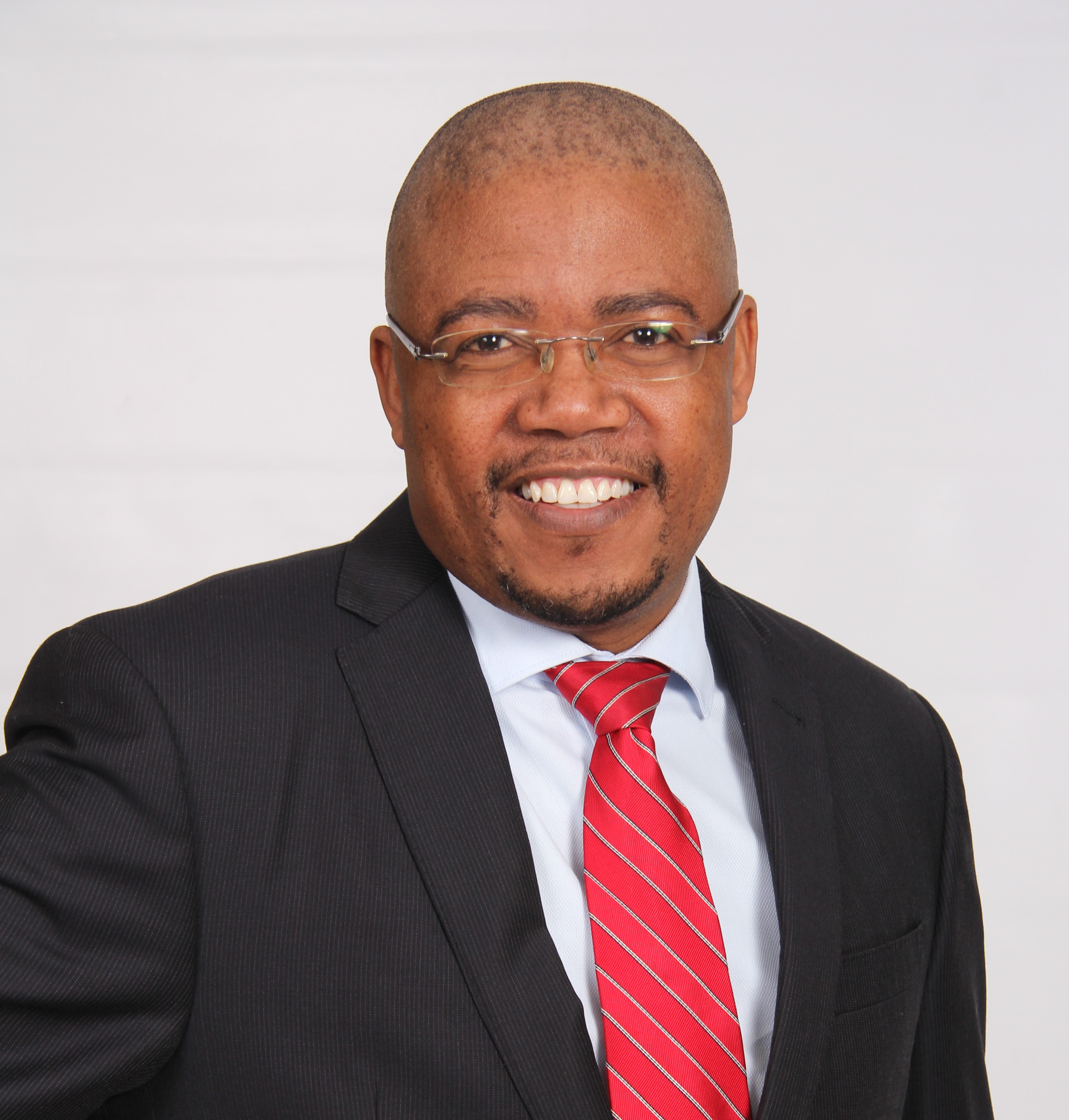
Chief Economist and Group Executive: Strategy & Sustainability, DBSA
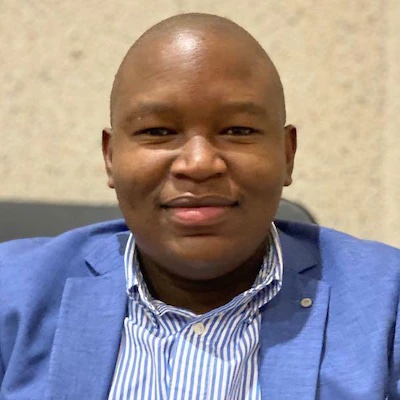
PCC
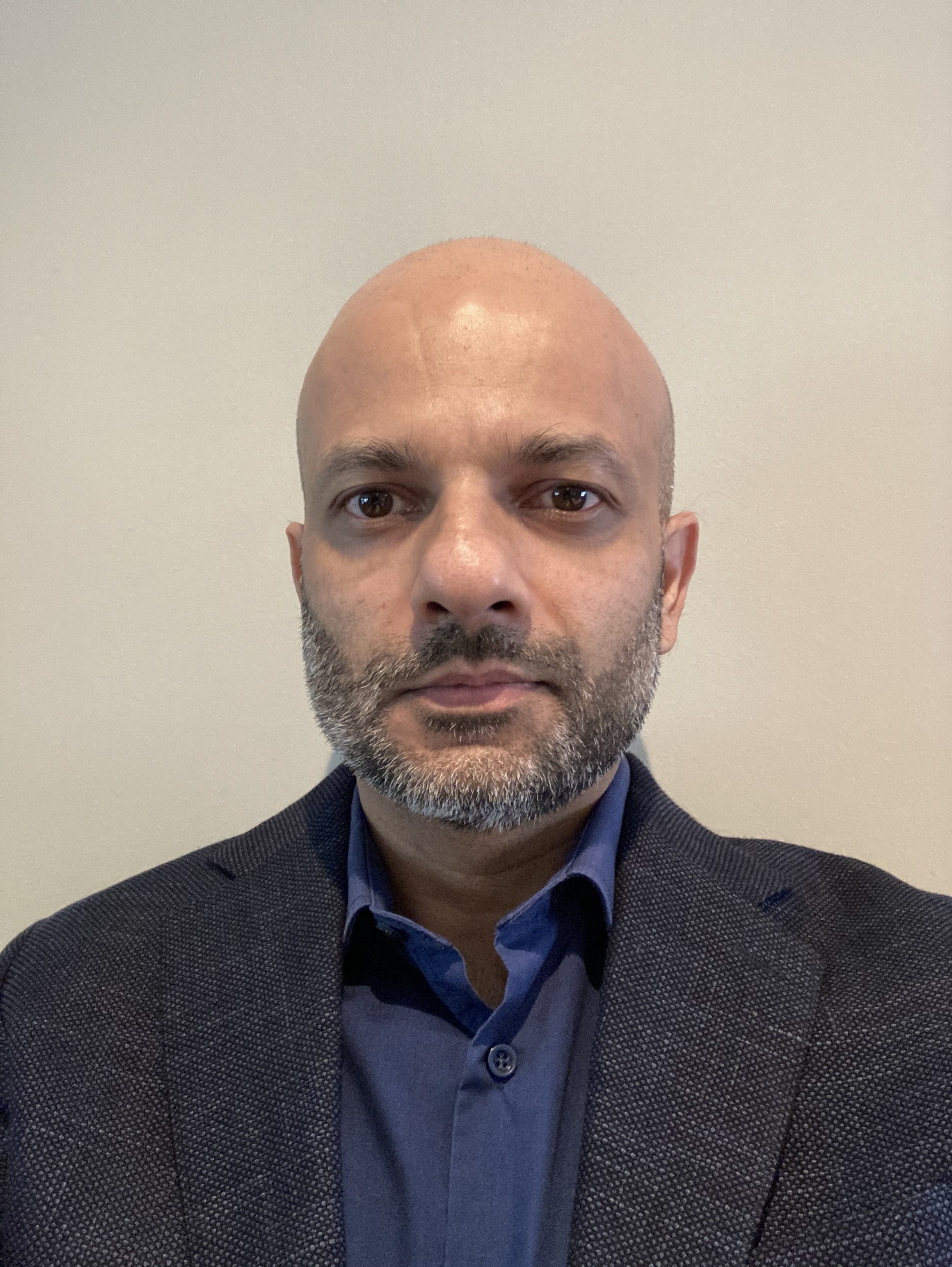
DBSA
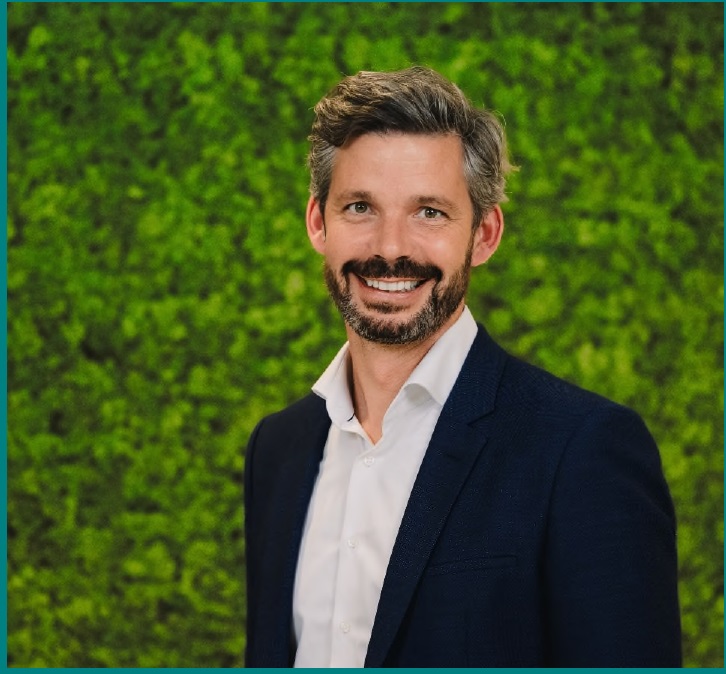
BMUKN
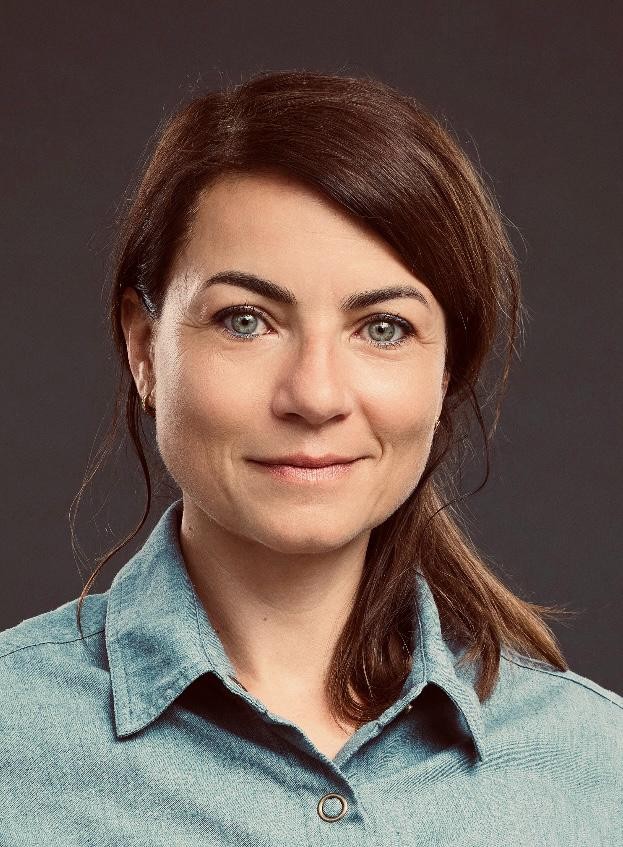
AFD

COSATU

DBSA
The session “Strengthening Climate Action through Technical Assistance: Innovative Mechanisms to Accelerate Project Preparation in Latin America” will explore how technical assistance, digital innovation, and multilateral cooperation can accelerate climate project preparation in Latin America and the Caribbean (LAC).
LAC faces increasing exposure to extreme weather events (droughts, hurricanes, floods) that threaten infrastructure, ecosystems, and livelihoods. Despite being one of the most climate-vulnerable regions, it receives less than 10% of global climate finance, largely due to the limited availability of investment-ready projects. Bridging this gap requires early-stage financing, knowledge transfer, and partnerships that connect technology with development finance.
In this context, the Central American Bank for Economic Integration (CABEI) has established the Climate Change Investment Project Preparation Fund (FCC), a regional platform that channels non-reimbursable resources to finance technical assistance for climate adaptation and mitigation projects across the SICA region.
The FCC is currently capitalized with approximately USD 18 million from the European Union (EUR 4.9 million), KfW (EUR 4.5 million), AECID/FONPRODE (USD 1.89 million), the OPEC Fund (USD 0.75 million), and CABEI’s own resources (USD 5 million). Since its creation, the Fund has financed 24 technical cooperation operations totaling USD 9.7 million, which have already generated USD 1.97 billion in approved investment projects.
Flagship examples include:
- Integrated Recovery of Lake Yojoa (Honduras): supported by the FCC and co-financed under the EU Global Gateway with EUR 14 million, EUR 30 million from CABEI’s Blue Bond, and additional KfW resources.
These results demonstrate the transformational effect of technical assistance in turning small preparatory grants into large-scale climate investments that drive adaptation, clean energy, and sustainable infrastructure.
The FCC’s current pipeline of USD 5.4 million includes feasibility studies for the Panama–David Railway, the Restoration of the Mesoamerican Reef (Belize), and Nature-Based Solutions under the “Nature Summit” initiative, among others.
This side event will also explore how Taiwan leverages innovation and technology to strengthen project impact and accelerate access to climate finance. By integrating digital transformation with technical assistance, Taiwan’s experience demonstrates how data-driven solutions and financial innovation can enhance project design and effectiveness, and lead to more inclusive outcomes.
For instance, the application of digital technologies to establish river-basin flood early warning systems enhances climate risk assessment, which will support the planning of resilient infrastructure investments. The promotion of new bamboo plantations and the development of carbon credit applications help partner countries generate measurable carbon assets and unlock additional sources of climate finance. Meanwhile, through a financial facility with IDB Lab, Taiwan supports financial institutions in providing emergency funding for MSMEs and small producers affected by emergencies and crises—including climate-related disasters—to facilitate swift recovery and help maintain local economic stability.
Together, these innovative practices demonstrate how technology and financial cooperation can accelerate climate actions and strengthen resilience in partner countries of Latin America.
The forum will also serve as a platform to showcase the ongoing efforts of several members of the International Development Finance Club (IDFC), including CABEI and KfW, that are already collaborating to strengthen climate project preparation and co-financing in Latin America and the Caribbean. By presenting these successful partnerships and results achieved through initiatives such as the Climate Change Investment Project Preparation Fund (FCC), the session aims to encourage greater engagement from other IDFC members, such as the European Investment Bank (EIB) and the OPEC Fund, in expanding technical assistance and climate financing for the region. Furthermore, the inclusion of Taiwan’s expertise and good practices in areas such as flood early warning systems and carbon credit cooperation offers an opportunity to deepen regional impact and foster innovation in sustainable investment.
Objectives:
- Promote the role of technical assistance in accelerating climate action: Highlight how project preparation enables countries to move from ideas to investment-ready proposals aligned with their NDCs.
- Showcase the FCC as a flagship regional platform: Present the Fund’s contribution to building institutional capacity, mobilizing co-financing, and generating high-quality climate project pipelines.
- Leverage Taiwan’s technological and sectoral expertise: Discuss opportunities for cooperation in areas such as carbon credit and resilience
- Foster collaboration within the IDFC ecosystem: Encourage joint action among member banks—including CABEI, KfW, AFD, OPEC Fund, and EIB, to scale technical assistance and climate co-financing in LAC.
Key Discussion Areas:
- The climate finance gap and the role of MDBs and DFIs in project preparation.
- Digital and AI-based solutions to strengthen climate data and monitoring.
- Regional collaboration through the FCC and IDFC platforms.
- Taiwan’s role in supporting technical assistance and financing for climate resilience in its priority countries.
- Building multi-donor trust funds and scaling readiness facilities for climate action.
Expected Outcomes:
- Showcase the FCC as a replicable mechanism for technical assistance and climate readiness.
- Strengthen partnerships between CABEI, Taiwan/TaiwanICDF, and other IDFC members to co-design new projects in climate resilience, such as resilience infrastructure, new energy and carbon credit.
- Raise awareness on the importance of digital and data systems for climate monitoring.
- Facilitate synergies among IDFC banks to expand co-financing and knowledge exchange.

Deputy Secretary General, TaiwanICDF.
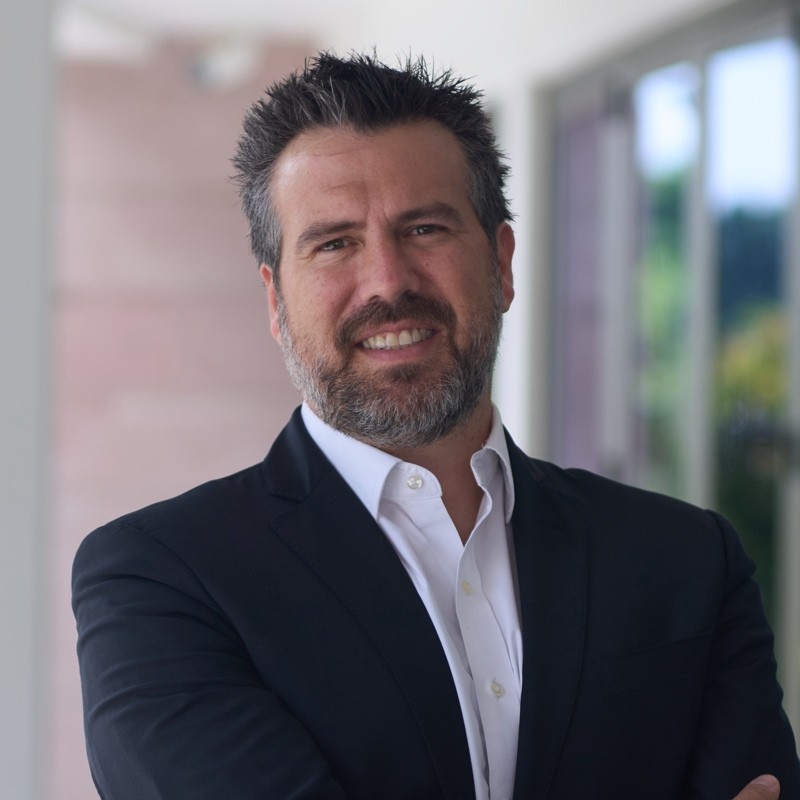
MODERATOR - Chief of Sustainability Office, CABEI
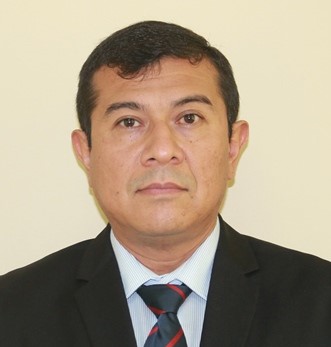
Representative, SICA’s Central American Commission for Environment and Development (CCAD)

Director for Latin America and the Caribbean, OPEC FUND
The financial system lies at the heart of our sustainable futures. It plays a pivotal role as a trigger and enabler for change, underpinning development. It represents the major economic instrument linking corporates, institutions, communities and individuals to the futures they- and we collectively- want.
While sustainable finance has gained traction over recent decades through a “quiet revolution”, with the progressive structuring of sustainable finance landscapes and activities by many financial institutions, aided by the international community, these efforts remain incomplete. Progress on climate, but also on biodiversity and more generally the SDGs is lagging behind, as only a fraction of financial capital and flows are aligned with our common goals. Amidst accelerating climate risks, biodiversity loss and deepening inequalities, realigning the financial system with sustainability goals is no longer optional: it is essential.
Achieving this is no small task in our complex and volatile world. Economic and geopolitical instabilities, climate and environmental decline, social crises and technological acceleration are constantly reshaping the future. This is not just passing turbulence in a peaceful pattern of “transition”. The combination of these factors produce great transformations, some of which are predictable, while others are uncertain, not yet imagined or unforeseeable. The obstacles are not just around us, but also within us, in our ways of thinking and of doing things. The change we need is systemic, which requires us to also think of how different the world will be in the future. Change is inevitable and will happen, as the world of 2040-2050 will be markedly different from the one we know today.
In this context, the necessary transformation of the financial system is not a technical fix, and will not happen overnight. It will require fundamental, systemic change, which needs to be informed by medium- and long-term foresight and anticipatory approaches, as called for by the UN Pact For The Future.
To help navigate this complexity, building on existing foresight work and communities, a unique coalition of stakeholders bringing together public development banks, private financiers, UN and multilateral agencies and philanthropic and civil-society partners, has joined forces under a Foresight for Sustainable Finance initiative.
Led by ALIDE, jointly supported by Finance in Common (FiCS), instituto Clima e Sociedade (iCS), UNEP Finance Initiative (UNEP FI) and the European Climate Foundation (ECF), and in collaboration with the OECD, the initiative is part of the Sevilla Platform for Action of FFD4.
The initiative seeks to promote futures thinking for climate and sustainable finance and contribute to financial systems that are future-ready, future-fit and future-proof to respond to the climate and development challenges of our century. In a world of accelerating change and overlapping crises, foresight offers tools to navigate uncertainty, stress-test investment strategies, build resilience against unwanted possible futures and identify transformative opportunities.
Building on a series of foresight workshops organized in the context of FFD4, which enabled a collective exploration of 2050 pathways for sustainable finance, and an envisaged online foresight survey to be carried out prior to COP30, involving a wide range of financial stakeholders (public and private and from civil society, from across the world), the proposed side-event will take stock of different plausible yet contrasted scenarios for the futures of climate finance. Based on these scenarios, the event will also discuss strategic insights and policy levers to help transform the financial system towards climate and sustainable development, with different possible futures in mind.
As future, post-2025, climate finance regimes are being discussed within the negotiation process (NCQG and Baku to Belém Roadmap to 1.3 Tn, Sharm-El-Sheik dialogue on the implementation of Art. 2.1.c), the event will hence offer a safe space to collectively question established assumptions, look at problems with new lenses and open new territories for exploration. It will aim at providing food for thought for better, more futures-aware, strategic thinking, looking for ways to turn finance into a tool for ushering (a) truly climate-compatible sustainable world(s).
In so doing, the event will also discuss possible, desirable and/or alternative evolutions of the role of Public Development Banks by 2050, as possible agents of change for a future-aware transformation of the financial system.
Last but not least, the event will also be an opportunity to exchange on the importance and relevance of anticipation and foresight approaches and the need to heighten collaboration to facilitate the emergence of future, alternative visions for finance.
With the energy sector responsible for more than 75% of global GHG emissions and energy demand rising in Emerging Markets and Developing Economies (EMDEs), annual clean energy investment in these countries must more than triple – from USD 770 billion in 2022 to USD 2.2–2.8 trillion by the early 2030s to align with the Paris Agreement and achieve the COP28 targets of tripling renewable capacity and doubling energy efficiency by 2030[1].
Unlocking transformative solutions for the energy transition will require systemic approaches, moving beyond isolated projects toward programmatic, strategic interventions. Public Development Banks (PDBs) play a critical role in this regard. Their public mandate, along with their ability to mobilize and aggregate finance, provide local-currency financing and essential non-financial support like technical assistance and policy guidance, but also finance the deployment critical underlying infrastructure (e.g., grids, transmission lines, charging stations, and storage), positions them as critical aggregators but also market shapers and enablers.
However, many PDBs, especially in EMDEs, face multiple constraints to fully play these roles, including limited institutional and technical capacity to identify, source and structure clean energy investment opportunities, and often limited experience with off-balance-sheet operations or structured finance critical to mobilise must-needed private sector finance.
Since its creation in 2019, the IDFC Climate & Biodiversity Facility has mandated itself to strengthen the technical and institutional capacities of Public Development Banks – particularly IDFC members – helping them enhance alignment with the Paris Agreement and improve their ability to access and mobilize international climate finance, but also serves a platform for strategic cooperation, resource pooling, knowledge sharing, and co-financing among PDBs.
As the Facility evolves toward more tailored, sector-focused interventions, it is intensifying its work on the energy transition – a top priority for IDFC members, whether in JETP countries managing coal phase-outs or in renewables-heavy markets constrained by transmission bottlenecks. In addition to providing thematic training and conducting research with reference institutions such as the IEA, the Facility has launched the Program for Empowering Sustainable Energy (PEPSE) supported by the Growald Climate Foundation, a pilot initiative offering targeted support to selected members, ranging from the design of clean energy policies and transition frameworks to market studies that identify the most impactful investment opportunities.
Building on the experience of IDFC members and bringing in seasoned experts from think tanks
Objectives of the session:
- Demonstrate the catalytic role of Technical Assistance in enabling PDBs to deliver clean energy at scale.
- Introduce the IDFC Facility offerings in particular in support to the energy transition of PDBs
- Share experience from IDFC members in particular those participating in the PEPSE program
Expected outcomes:
- Show how targeted TA produces tangible institutional change that enables pipelines and private capital mobilization
[1] IEA (2023), Scaling Up Private Finance for Clean Energy in Emerging and Developing Economies, IEA, Paris https://www.iea.org/reports/scaling-up-private-finance-for-clean-energy-in-emerging-and-developing-economies, Licence: CC BY 4.0

Head Climate & Environmental Finance, DBSA

Deputy Head, Climate and Nature Division, AFD
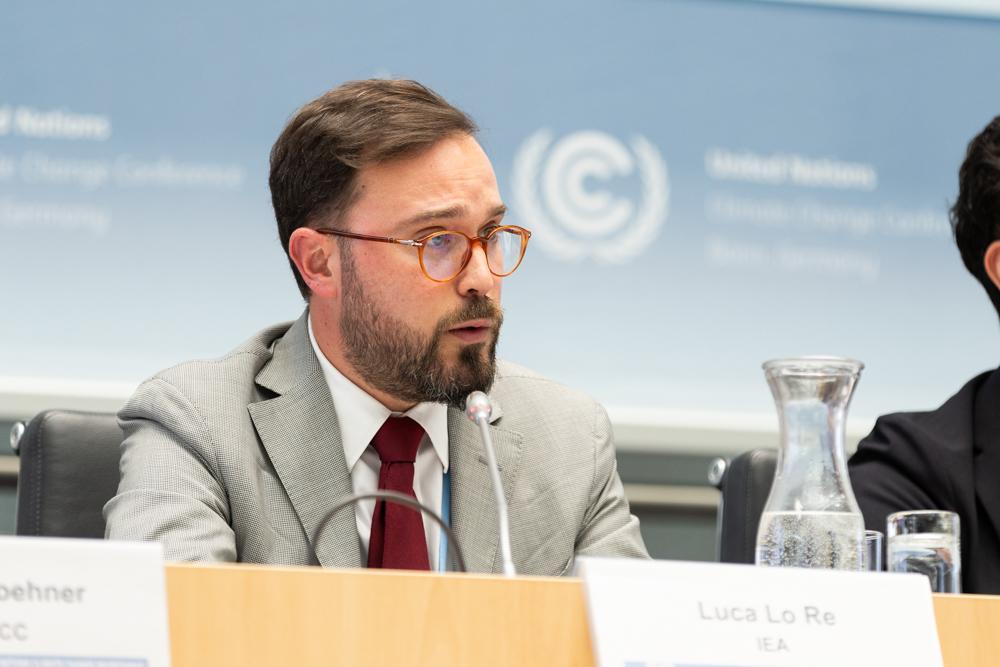
International Climate and Energy Analyst, Energy Investment Unit, International Energy Agency (IEA)

Chief Executive Officer, Global Solar Council (GSC)
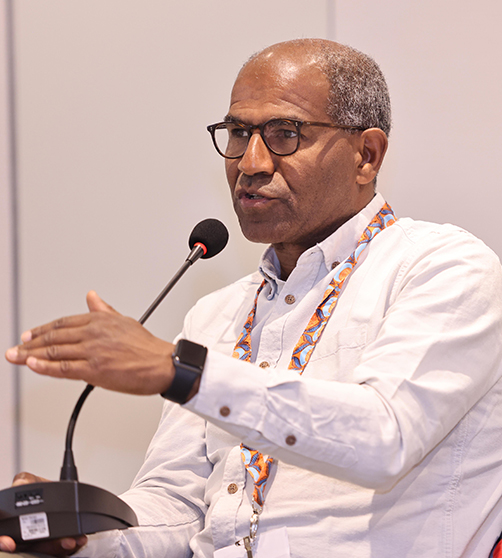
IDFC Facility Director
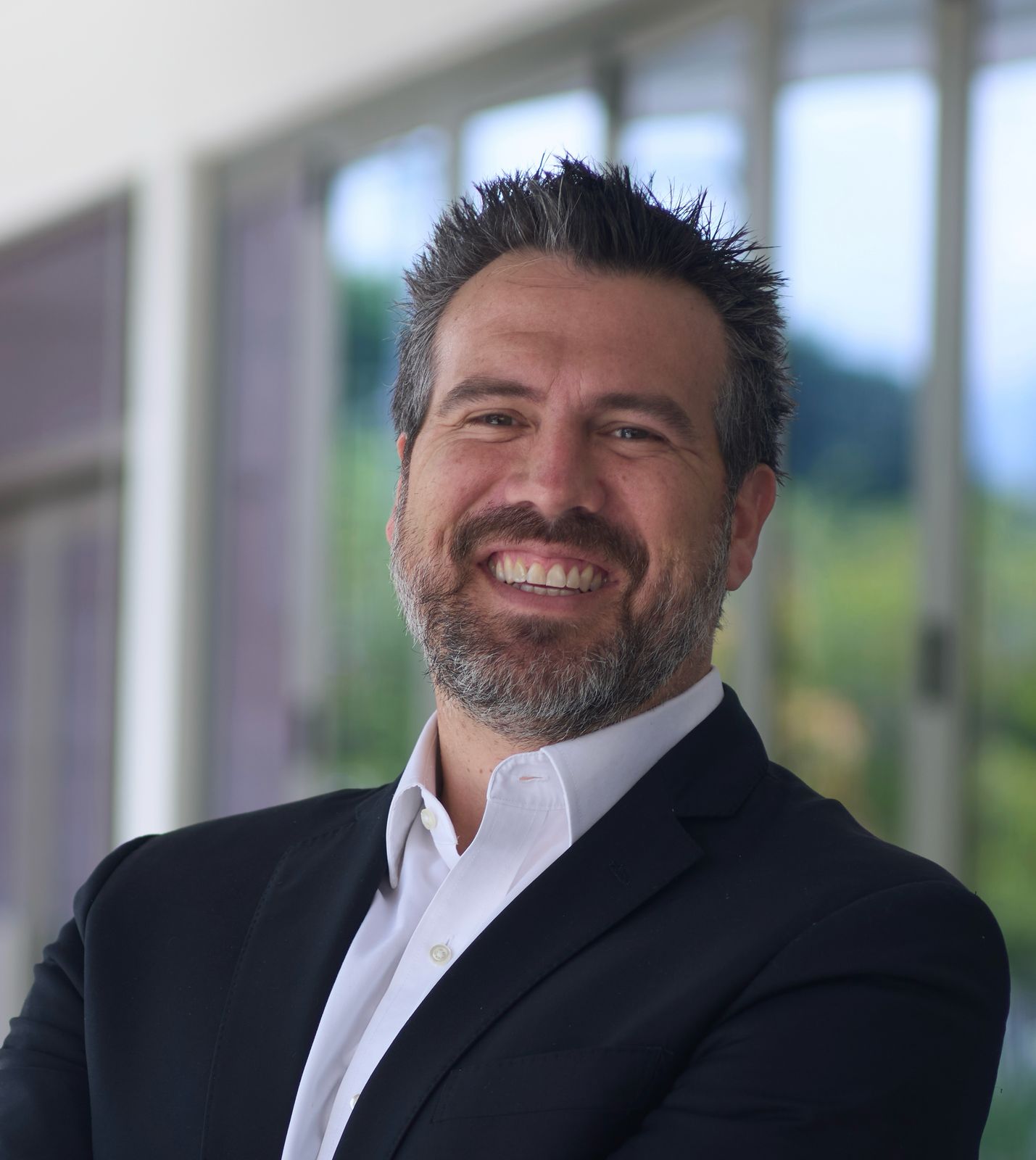
Chief Sustainability Officer at the Central American Bank for Economic Integration (CABEI)
The global commitment at COP28 to triple renewable energy capacity and double energy efficiency by 2030 created a clear mandate — yet the delivery gap remains wide. Achieving these targets requires not only scaling capital flows but also reducing financing costs, structuring de-risking instruments, and accelerating project pipeline development, particularly in emerging markets and developing economies where capital constraints are most acute.
Public Development Banks (PDBs), with more than USD 5 trillion in assets, play a catalytic role in bridging this gap. They can lower the cost of capital, leverage blended finance, and work directly with governments to align investment with national priorities. However, without a dedicated platform, efforts to mobilise finance for the energy transition risk remaining fragmented and failing to scale.
The FiCS Energy Transition Coalition emerges from successive FiCS dialogues – including COP28 in Dubai and the FiCS Summit in Cape Town – where members recognised the need for a permanent, technical platform to consolidate action on energy. Building on initiatives such as Mission300 (electricity access for 300 million in Africa) and the IDFC–MIGA Global Guarantee Platform (scaling blended finance and guarantees), the Coalition provides:
- A common framework to design and replicate scalable financing models for energy access, efficiency, and industry decarbonisation.
- A space for joint innovation on blended finance, guarantees, and pipeline preparation, reducing transaction costs and accelerating market uptake.
- An enabling architecture to connect PDB action with country platforms, ensuring alignment with national strategies and leveraging MDB and private co-financing.
- A hub for data transparency and peer-to-peer learning, strengthening the ability of PDBs to share methodologies, benchmark impact, and attract private investment.
Launching at COP30 in Belém, the Coalition leverages both the 10-year anniversary of the Paris Agreement and the unique momentum of Brazil’s role as host country.
Objectives:
- Formally launch the FiCS Energy Transition Coalition at COP30.
- Provide a technical platform for PDBs and partners to discuss the Coalition’s three workstreams:
- Energy Access – accelerating electricity access with scalable financing models.
- Energy Efficiency – embedding efficiency in investment portfolios, with emphasis on social infrastructure.
- Industry Decarbonisation – financing solutions for hard-to-abate sectors.
- Examine the Coalition’s cross-cutting enablers: Country Platforms, financial and technical innovation, South–South knowledge exchange, and data transparency.
- Facilitate peer exchange on financial instruments, de-risking approaches, and pipeline development linked to each workstream.
- Introduce the governance structure (co-chairs, secretariat, workstream leads) to guide the Coalition’s technical work.
The Making Finance Work for Climate initiative brings together 1000’s of leading public and private financial actors from both developed and developing countries—including the International Development Finance Club (IDFC), the Finance in Common System (FiCS – the network of all 500+ public development banks in the world), the Green Climate Fund (GCF), the UN Environment Programme Finance Initiative (UNEP FI), the Principles for Responsible Investment (PRI), and the Mainstreaming Climate in Financial Institutions Initiative.
Collectively, these organizations represent over 40% of global financial assets. As such, the initiative serves as a unique whole-of-finance platform for coordinated action and consolidated input into global climate finance processes.
The initiative has been actively engaged since 2024 in contributing to the main climate finance discussions under the UNFCCC, including the New Collective Quantified Goal (NCQG) and the corresponding Baku to Belém Roadmap, as well as the Sharm-el-Sheik dialogue on the implementation of Art. 2.1.c of the Paris Agreement.
Through its work on Transformational Finance for Climate, the initiative calls for a systems-level approach to finance, emphasizing not just the scale, but also the quality and strategic deployment of finance – in particular that managed by Public Development Banks, commensurate with the challenge at hand and the urgency to act. Moving from project or transaction-level outcomes to more systemic, cross-sectoral, whole-of-society effects, transformational finance for climate is about making every unit of finance work harder for systemic change, beyond incremental improvements, so that countries get both the volume and the impact they need, based on their strategies and plans. The initiative also highlights the complementary roles of different public and private actors and their collaborative potential in delivering finance that can help unlock deep, catalytic change for low carbon and resilient development.
Following the initiative’s initial joint statement presented at COP29, drawing on research from prominent think-tanks partners including the World Resources Institute (WRI), the Institute for Climate Economics (I4CE) and the Climate Policy Initiative (CPI), and based on the initiative’s new position paper for COP30, the proposed event will:
- Discuss the rationale for transformational finance for climate as well as guiding principles regarding its characterization, and provide concrete examples regarding its operationalization.
- Discuss how the Sharm el Sheik dialogue, the Baku to Belém Roadmap and the COP30 negotiations can play an essential role in recognizing and encouraging transformational finance for climate. By sending corresponding signals, such processes can indeed incentivize actors -including PDBs via their shareholders- to play a more strategic and optimized role to accelerate country-driven transitions and achieve a more systemic reorientation of financial flows towards positive climate effects.
- Examine how transformational finance can be assessed and monitored, in a manner that captures its systemic effects and ultimately guides future action.
The event’s interactive exchanges will help sketch next steps for this whole-of-finance effort towards systemic transformations for climate and sustainable development.
Nature-based Solutions (NbS) have emerged for addressing the interconnected global crises of climate change, biodiversity loss, land degradation, and social inequality. NbS deliver multiple co-benefits: they enhance climate resilience, support biodiversity conservation, generate sustainable livelihoods, and reduce vulnerabilities in the most affected communities.
Despite this potential, NbS remain significantly underfunded. Global financing for NbS-a remains far below what is needed to achieve the Kunming-Montreal Global Biodiversity Framework (GBF) targets and the Paris Agreement goals. According to recent estimates[1], global financing for NbS must at least triple by 2030 and quadruple by 2050 to meet international biodiversity and climate goals (UNEP/WEF/ELD, State of Finance for Nature – Tripling investments in nature-based solutions by 2030). At present, NbS receive very few of total climate finance flows, and investments are often fragmented, small-scale, or pilot-based.
Public Development Banks (PDBs), through their long-term vision, their countercyclical mandate, close ties with governments, and capacity to mobilize long-term financing, are uniquely positioned to unlock and scale finance for NbS, while leveraging private capital and aligning with national development strategies. They can de-risk innovative projects, mobilize private investors, and integrate into national development strategies. They can also help build the pipeline of bankable NbS projects and contribute to setting standards for monitoring and safeguards.
The International Development Finance Club (IDFC) and its members have already engaged in pioneering efforts to integrate biodiversity into financial flows and has already committed to aligning financial flows with both the Paris Agreement and the Kunming-Montreal Global Biodiversity Framework (GBF). With COP30 taking place in Brazil – home to the Amazon and one of the most biodiversity-rich regions on Earth – this is a unique opportunity to showcase how PDBs can scale up NbS for sustainable development.
The objectives of the NbS side event are:
- Showcase the strategic role of Public Development Banks in scaling Nature-based Solutions (for adaptation)
- Showcase of how IDFC and ABDE mobilize their networks of development banks to finance NbS-a projects
- Share concrete experiences and lessons learned from different regions, with a focus on Latin America and the Caribbean, but also drawing from Africa, Asia, and Europe.
- Foster dialogue on the main barriers and opportunities for mainstreaming NbS in banking operations
- Explore synergies between NbS, climate adaptation/mitigation, and biodiversity protection, emphasizing their contribution to achieving the GBF and the Paris Agreement.
- Highlight partnerships (including with private sector) and innovative instruments (such as blended finance, green bonds, biodiversity funds) that make NbS projects bankable.
- Position IDFC and ABDE as a driver for nature and climate finance
[1] Global annual finance flows of $7 trillion fueling climate, biodiversity, and land degradation crises

IDFC Facility Director
ABDE Director and Caixa Executive Director
Chief Climate Officer, KFW

Director General for Sustainability Management, JICA
Deputy Managing Director for Environment, BNDES

Deputy Head of Climate and Nature Division, AFD
Head of Nature-Based Solutions, UNEP WCMC UN Environment Programme World Conservation Monitoring Centre
Programme Officer for Regional Cooperation in the Guiana Shield, WWF-French Guiana

Head of Nature-Based Solutions, UN Environment Programme World Conservation Monitoring Centre, UNEP WCMC
This event focuses on the collaborative role of citizen deliberation, public development banks and philanthropic foundations in climate policy and climate finance, highlighting learnings from climate assemblies held in October 2025 in two municipalities in the State of Pará, in the Legal Amazon region.
The initiative is supported by a partnership grant from AFD, operated by International IDEA and Delibera Brazil. It seizes the momentum in the run-up to COP30 in Belém, Brazil, to showcase the importance of deliberative democracy as a leverage to strengthening transparent, participative, accountable, and inclusive climate decision-making in Amazonia. Through such decision-making processes, the diverse socio-economic and ethnic contexts across the region—including indigenous, quilombola (descendants of formerly enslaved people), and other traditional communities can be taken into real account.
The organisation of citizen assemblies capitalize on previous research on Climate deliberation in the Global South, with a report published in 2024 by International IDEA [1]and supported financially by AFD.
The climate assemblies were organised over two weekends in September and October in municipalities of Magalhães Barata and Barcarena (state of Pará), gathering respectively 30 and 40 randomly selected citizens. The objective was to inform participants on climate policy and climate finance main features so to create the enabling environment to citizens recommendations on local priorities for climate policies and budgets. Indeed, Amazonian Municipalities are in the first year of new administrations, elected last year, when many plans and programs are being discussed and starting implementation. The realization of COP30 in Belém has raised awareness and interest in sustainable development tracks, but lack of financial resources remains a barrier. In two selected municipalities, the government and local engaged stakeholders (“grupo de conteúdo”) presented an organized set of the main existing plans, proposals and projects that could happen or start in the next four years. Departing from the current local economy and public budget basic information, citizens will be invited to deliberate regarding the plans and projects their city should prioritize in the next four years. In parallel, based on comprehensive panorama of climate finance sources, national and international with a specific focus on Amazonia the citizen assemblies proposed ways to improve access, transparency and responsiveness of climate finance for Amazonian communities.
The main findings were presented to local authorities and are part of a global report, highlighting their recommendations and detailing best methodologies to organise deliberative actions on climate action and climate finance.
The event will bring together key actors in the climate finance ecosystem, such as public development banks and philanthropic foundations to discuss and reflect on the report’s conclusions.
Public development banks and philanthropic foundations play a crucial role in addressing the weakening resilience of the Amazon rainforest. These institutions can mobilize long-term financing to support sustainable land use, forest conservation, and climate adaptation strategies. By funding projects that promote agroforestry, forest restoration, and the protection of indigenous territories, they help preserve the ecological integrity of the Amazon. Moreover, through policy dialogue, technical assistance, and partnerships with local actors, these organizations can foster systemic change, strengthen environmental governance, and reduce the economic drivers of deforestation. Their deep understanding of local challenges — especially that of local foundations and NGOs embedded in the territories — enhances the relevance and effectiveness of interventions. Their capacity to take on higher investment risks also enables innovation and the scaling up of nature-based solutions in vulnerable regions.
As a mobilization platform and a key priority of AFD’s Strategic Orientation Plan V, the Group AFD aims to bring together stakeholders working on this critical issue and foster the convergence of actions that currently remain fragmented. As member of the IDFC network and as supporting organization of the Finance in Common Summit, AFD has a long-standing track record of mobilizing public development banks worldwide, with whom it maintains a continuous and structured dialogue. Over the past two years, AFD has also engaged in dialogue with philanthropic organizations—key players in the development aid ecosystem—particularly in a global context marked by shrinking governmental resources.
Active on the topic of Amazon forest resilience for several decades, Brazilian foundations are key actors both in terms of funding and in supporting civil society and community-based organizations on the ground. Public development banks are well connected and are operating at different level thanks to their knowledge of the country and the ecosystem operating in it, as well as their financial resources. As such, the actions of these two types of organizations are highly complementary, and fostering stronger collaboration between them appears not only desirable but critical. With decades of experience in coordinating public policy budget financing in Latin America and developing forestry projects in the Amazon biome, AFD wishes to demonstrate that the activity proposed by a public development bank is largely compatible with and can be reinforced by cooperation with private philanthropy.
The event intends to engage both governmental and non-governmental stakeholders that are key in implementing citizens’ recommendations and ensuring that major investments reach and respond to the vision and reality of communities, small, middle-sized and large municipalities in the Amazon region.
This roundtable therefore aims to demonstrate the complementarity of the actions undertaken and to formalize the joint commitment of local communities, CSO, public sector, philanthropies and public development banks active in the Brazilian Amazon on issues related to the weakening resilience of the Amazon rainforest due to increasing drought. By examining the practices of each type of organization and identifying potential synergies, the event seeks to highlight the importance of aligning efforts and resources, in particular through the use of certain financial tools, such as budgetary funding for public policies focused on climate issues, whose impact and challenges will be demonstrated during the presentation of assessments conducted at regional level.
Objectives of the event:
- Present the recommendation of the citizen assembly on climate finance
- Present the recommendation of the final report compiling several methodological elements regarding deliberation on climate finance
This event creates awareness and builds an emerging network around the role of deliberative democratic practices in climate decision-making for global, regional and national policy-makers and government officials. Participants are better attuned to the tangible policy options available for using citizen deliberation to improve access, transparency and responsiveness of climate finance in Amazonian communities and other locations.
Expected outcomes:
Climate assemblies aim to propose innovative solutions and recommendations for action, voicing Amazonian communities and citizens, regarding climate finance, as part of innovative in climate governance tool.
Create a coordinate network among different stakeholders (local communities, CSO, public sector, philanthropies and public development banks active in the Brazilian Amazon) in order to promote debate and climate finance.
Target audience:
The event targets global and national climate policy and climate finance decision-makers and advisers. It allows municipalities, citizens and deliberative democracy experts in the Global South to share and explore innovative solutions to climate finance governance with relevant decision-makers.
[1] International IDEA: New publication on Deliberative Democracy and Climate Change

MODERATOR - Deputy Head of Climate & Nautre division, Agence Française de Développement
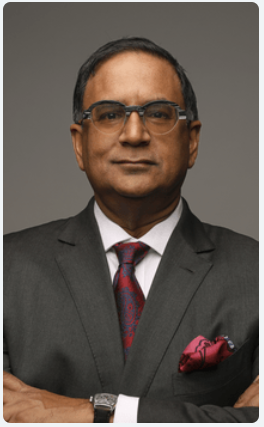
Special Advisor on Climate Change to the IDB President
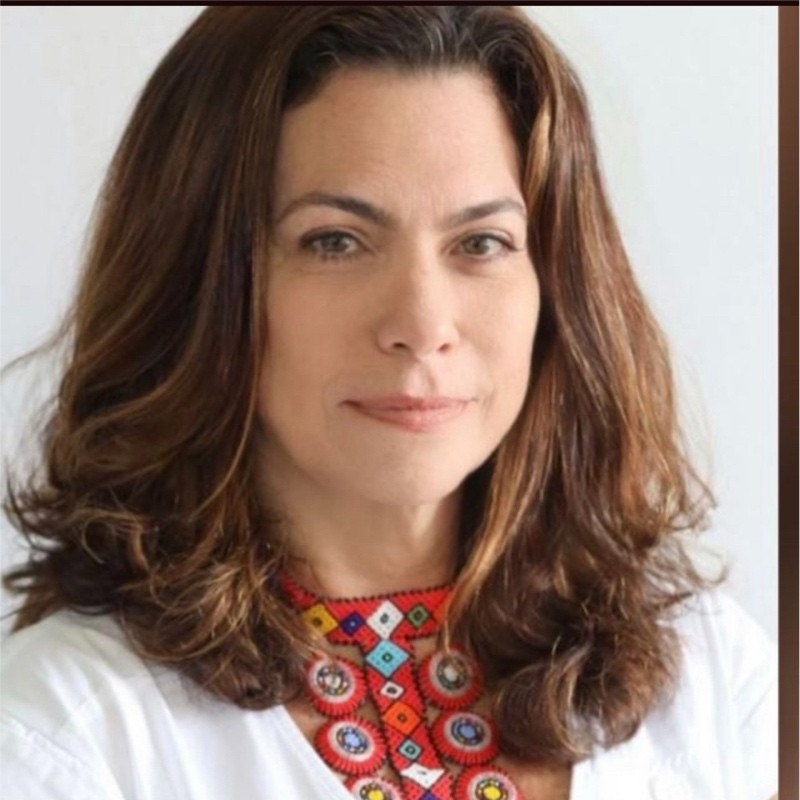
Deputy Secretariat for Bioeconomy at the Secretariat for Environment, Climate and Sustainability of the State of Pará
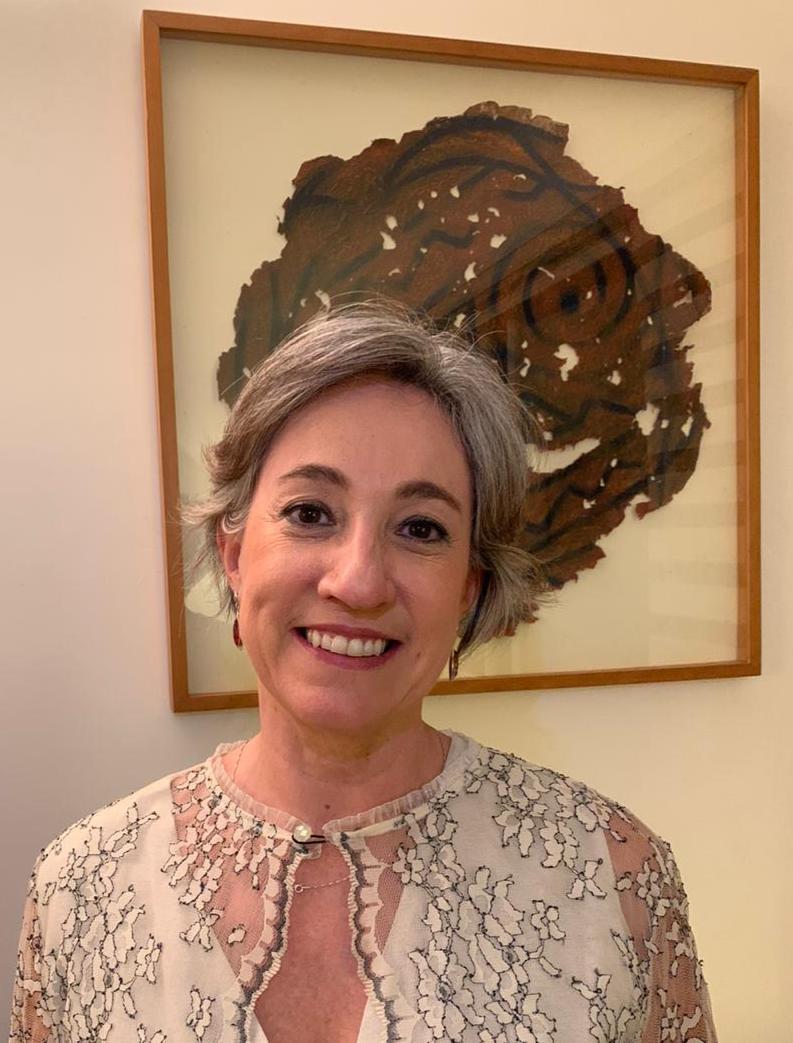
Co-founder, Delibera Brazil
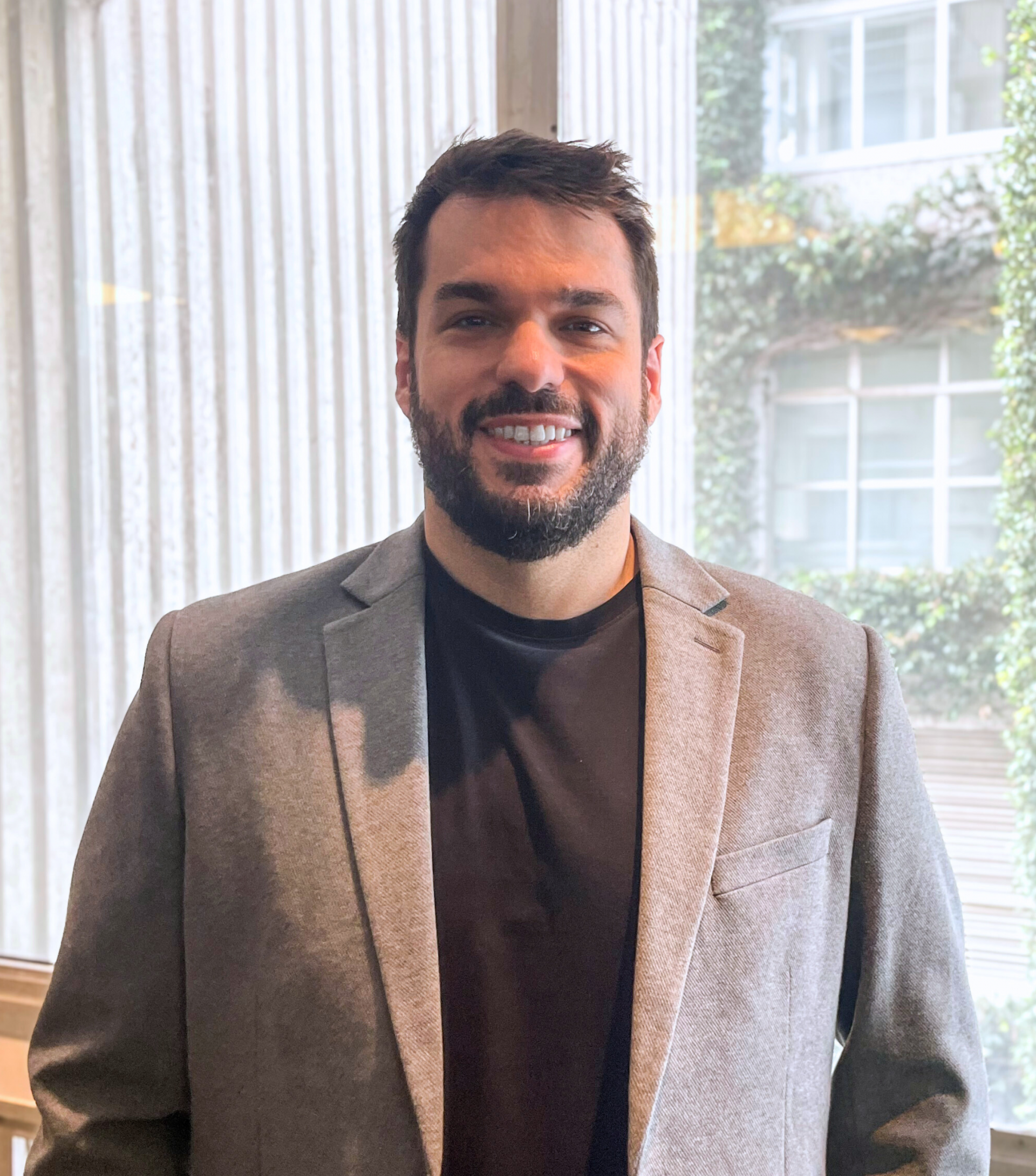
International Affairs and Public Policy Coordinator, GIFE
Financing systemic change requires mobilising and reorienting larger financial flows towards low-emissions and climate-resilient development pathways. The event aims to discuss proposed approaches to achieve greater impact, ultimately allowing financial institutions to go beyond individual projects and to act on systemic levers enabling Paris-aligned investments.
The impacts of climate change — from more frequent floods and droughts to heat stress, rising sea levels and shifting weather patterns are already being felt across the globe, with disproportionate effects on vulnerable communities and ecosystems. Building resilience to these impacts is critical.
Nature-based solutions (NbS) for adaptation, such as mangrove restoration for coastal protection, wetland conservation for flood management, and forest and watershed management for water security, offer cost-effective, locally relevant, and sustainable ways to adapt. NbS not only buffer societies against climate risks but also deliver co-benefits for biodiversity, livelihoods, and climate mitigation.
Despite growing recognition, investment in NbS for adaptation remains far below required levels. Adaptation finance itself lags behind mitigation. Financial institutions cite a range of barriers, including unclear policy signals, lack of bankable project pipelines, perceived risks, insufficient metrics, and limited experience in structuring NbS-aligned financial products.
World Wildlife Fund (WWF), in partnership with the UNEP World Conservation Monitoring Center (UNEP-WCMC) and other organizations, is developing a global NbS platform to accelerate the use of NbS for climate change adaptation. Project PLAN (Partnerships for Large-scale Adaptation through Nature) is exploring barriers and solutions to scaling NbS for adaptation with the aim of designing a global platform that will assist countries with advancing the contribution of NbS to climate change adaptation.
When operational, the platform will provide tailored, on-demand technical assistance. The platform will serve as a bridge between global policy commitments and on-the-ground action, helping countries meet their climate and biodiversity goals through integrated, nature-based approaches.
Objectives
The roundtable will bring insights from a series of regional technical dialogues on nature-based solutions convened with policymakers and practitioners over 2025, engaging with the finance community to:
- Diagnose gaps and barriers: Examine structural, policy, and financial challenges constraining investment in NbS for climate change adaptation
- Showcase enabling solutions: Highlight successful financial instruments, blended finance models, and public–private partnerships supporting NbS.
- Foster collaboration: Bring together insights from the development and climate adaptation finance community to help shape a technical platform that strengthens project pipelines and scales investment in NbS for adaptation.
Expected Outcomes
The discussion will result in a clear concise summary, that outlines a pathway for action, including:
- A shared understanding of the key financial and systemic barriers holding back investment in NbS for adaptation.
- A curated set of practical solutions and innovative approaches that financial institutions are adopting to scale finance for NbS for adaptation.
Opportunities to engage in the development of the technical support platform on NbS for adaptation.
The session will foster dialogue among multilateral institutions, development banks, international organizations, and the private sector to strengthen climate-resilient agrifood systems through transformative adaptation and investments.
Content will focus on:
- Addressing systemic vulnerabilities in agrifood systems.
- Promoting multilateral initiatives such as the TERRA Program and the G7 Sustainable Food Systems Collaborative.
- Showcasing cross-sectoral approaches that integrate adaptation into long-term development strategies
Expected outcomes:
- Stronger alignment and synergies among development partners.
- Scaled-up climate finance for adaptation in agrifood systems.
- Policy recommendations to advance resilience and sustainability.
- Greater visibility of innovative multilateral initiatives.
Objective: to highlight the importance of marine ecosystems to the climate agenda and discuss how public development banks can support marine conservation and spatial planning.
Financing nature is of great importance, and this is not different on marine environment and BNDES has supported several initiatives (coral reefs, mangroves and island conservation) and presenting updated results may generate momentum for further international actions.
The event will conclude with a Q&A session, if time allows after the presentations.
As climate risks become more visible and the importance of financing resilience grows increasingly stark, financial institutions should learn from each other’s practices. This event intends to highlight recent findings on climate risk management relevant to financial institutions and have them share their experience on collaborating for better climate risk management. This will help them better contribute to managing global climate risks and will help PDBs target their assistance to increase resilience in local economies.
Head of Secretariat, Mainstreaming Climate in Financial Institutions
Climate Lead, UNEP FI
Managing Director, Tanzania Agricultural Development Bank
Chief Programme Coordinator, Climate Change and Green Growth, African Development Bank
Director, Office for Sustainability Management, JICA
Head of Climate Adaptation and Just Transition strategies, Crédit Agricole
Throwback to our previous editions
Since COP26 in Glasgow, IDFC and its Facility participated to the conferences and offered members a dedicated pavilion to showcase their work and improvements towards climate.
Discover our previous editions

#COP30IDFC